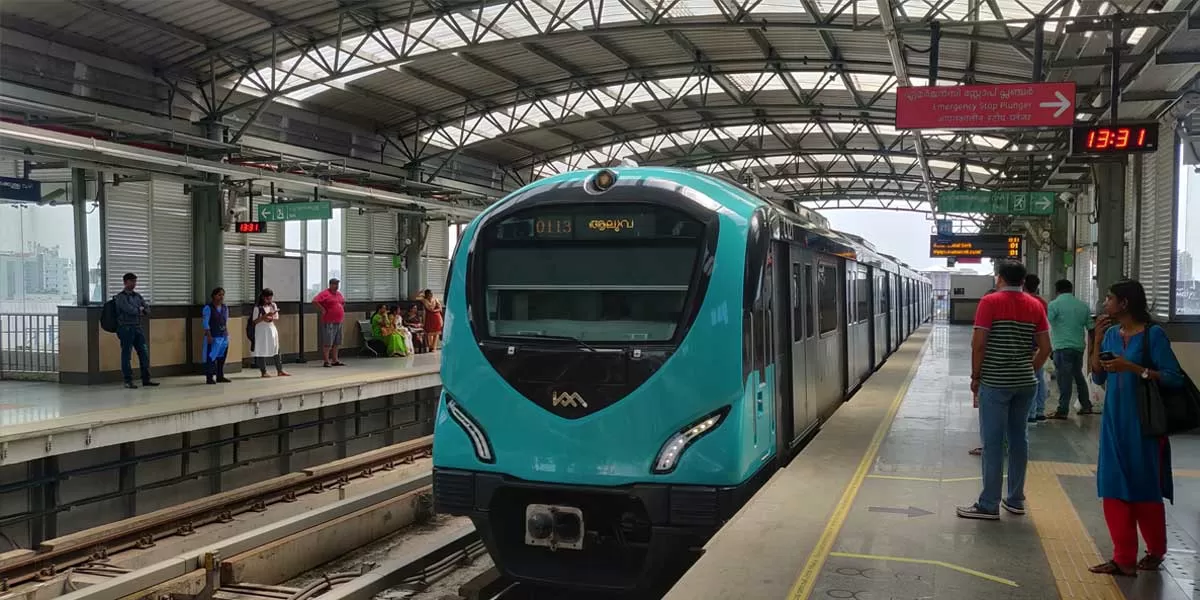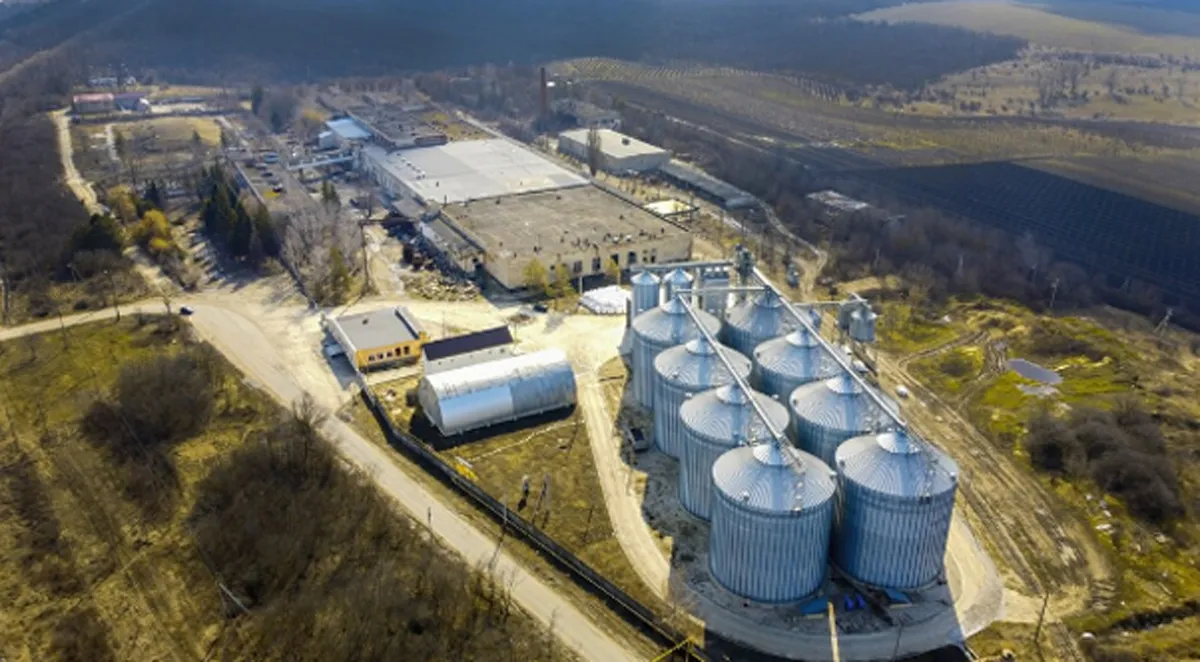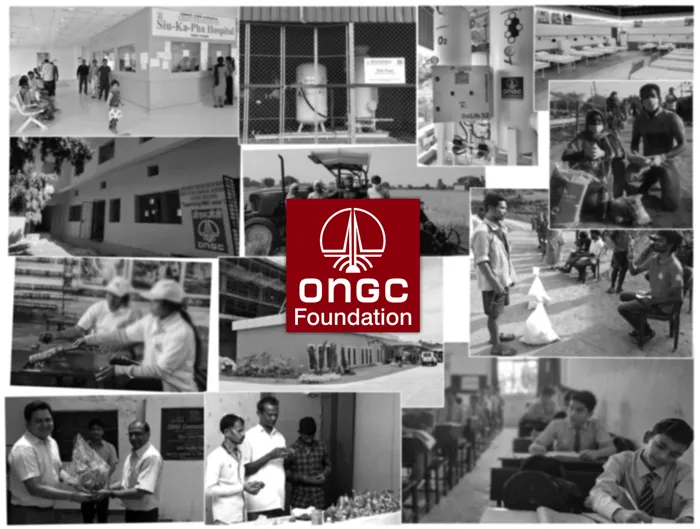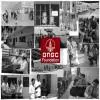
Kochi's mobility plan is set to complete within three months

GAIL to Set Up Bengaluru CBG Plant Under New Concession Pact
GAIL (India) Limited has signed a 20-year concession agreement with the Bengaluru City Municipal Corporation (BBMP) to set up a compressed biogas (CBG) plant in the city. The project, expected to produce around 10 tonnes of CBG daily, will utilise municipal solid waste as feedstock, contributing to clean energy generation and efficient waste management. The CBG produced will be used in GAIL’s City Gas Distribution network to promote cleaner fuel usage. The initiative aligns with the government’s Sustainable Alternative Towards Affordable Transportation (SATAT) scheme and GAIL’s broader ..

Uttarakhand HC Lifts 31-Year Ban on ONGC’s Contractual Hiring
The Uttarakhand High Court has lifted a 31-year-old ban on the Oil and Natural Gas Corporation (ONGC) from hiring contractual workers, a restriction imposed in 1993. The decision enables ONGC’s Dehradun establishment to employ personnel on a contractual basis to meet operational requirements. The long-standing prohibition had limited ONGC’s ability to fill vacancies in its technical and administrative departments, often leading to project delays and higher dependence on outsourcing. With the court’s directive, the public sector enterprise can now proceed with temporary recruitments whil..

JSW Energy’s Utkal Unit Bags 400 MW, 25-Year Power Supply Deal
JSW Energy Limited announced that its subsidiary, JSW Energy (Utkal) Limited, has secured a Letter of Award (LoA) from Karnataka’s Power Company of Karnataka Limited (PCKL) for the supply of 400 MW of electricity for 25 years. The agreement is part of a competitive bidding process for long-term procurement of power to meet the state’s growing energy demand. The 400 MW capacity will be supplied from JSW Energy’s upcoming thermal power project in Odisha. This development strengthens JSW Energy’s presence in the southern market and aligns with its strategy to enhance long-term contracte..
















